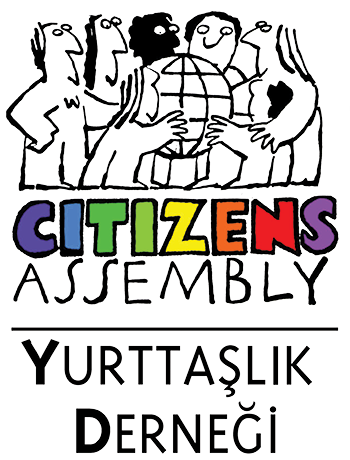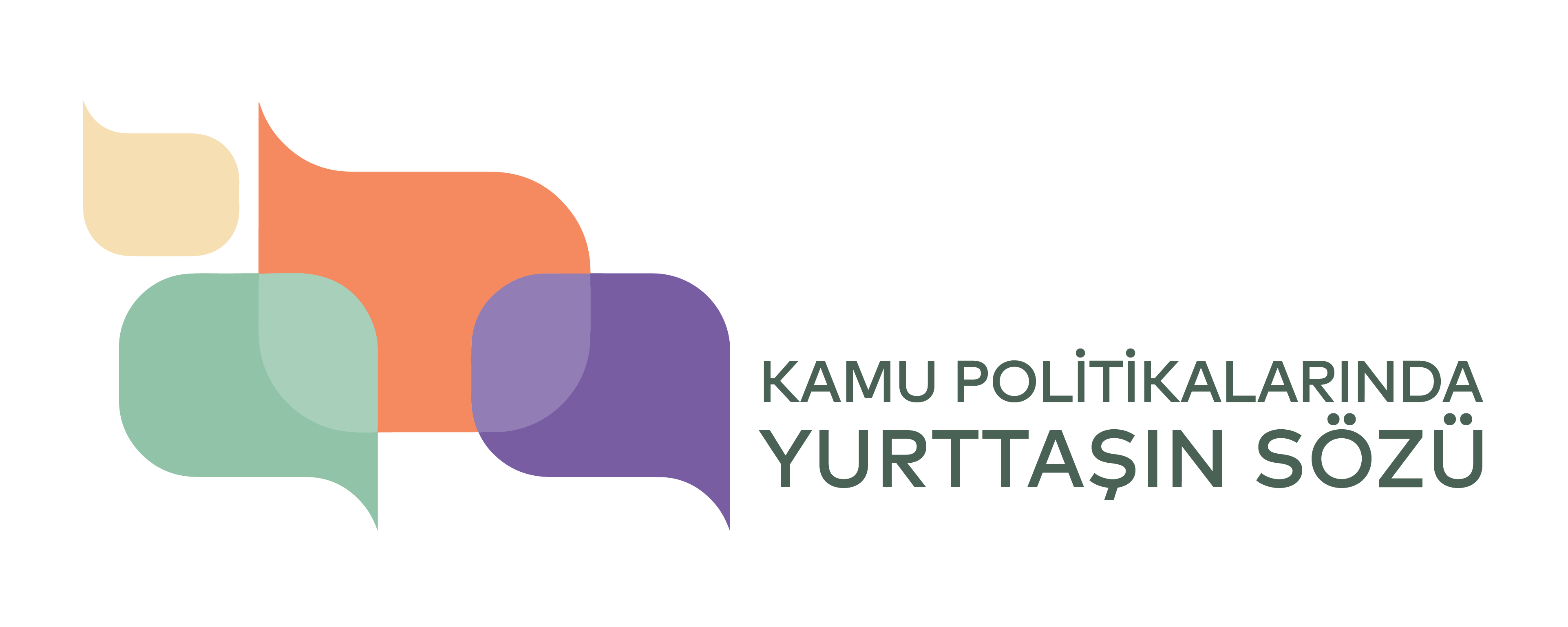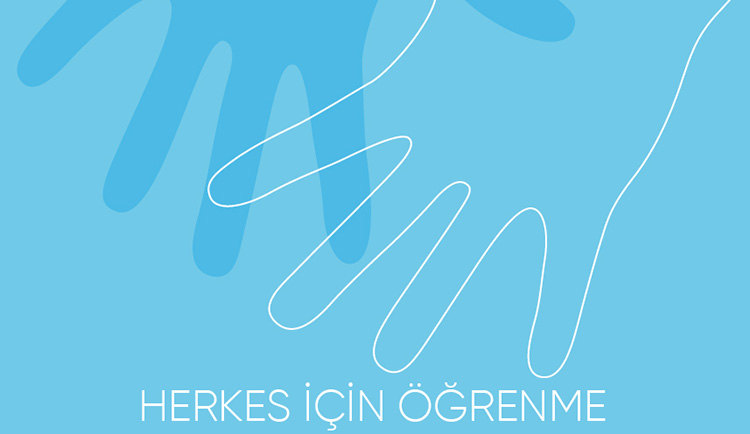The Role of Teachers in Building Societal Peace...

This report specifically aims to enhance teaching skills of educators who work in challenging social environments. The project, titled “Encouraging & Empowering Teachers as an Actor in Peace-Building & Democratization”, aimed at analysing the traumatic environment in Turkey, created through decades of violence and conflict, from the perspective of the field of education, developing policy proposals for change, and supporting skills and knowhow of primary school teachers and teacher candidates.
The project was carried out jointly by Helsinki Citizens’ Assembly, Boğaziçi University and Muş Alparslan University, in association with Van 100. Yıl University, and lasted from February 2012 to September 2013.
This book, titled The Role of Teachers in Building Societal Peace / How is the Kurdish Issue Projected onto School? brings together the summary report of field research of the project and a series of policy proposals. The book also provides suggestions that were specifically developed to empower teachers who could play crucial roles in building societal peace. Teachers, parents, and teacher candidates expressed their opinions and experiences on how the Kurdish issue and conflict is projected onto school setting and everyday life through interviews conducted as part of field research. They provided suggestions, in light of their own experience, on what kind of support they may need in order to be more effective in building societal peace. All these interviews guided us in the preparation of this report.
The first chapter of the report, titled “Peace building, Education, and Teachers” presents an overview of approaches to the concept of “peace” and the relation between peace and education, while the second chapter elaborates on projections of the Kurdish issue onto the field of education. The chapter titled “Field Research” summarises findings from interviews with teachers, administrative staff and students’ parents which was the basis of an almost year-long field research and evaluates their opinions, experiences and suggestions on the issue. In the final chapter, “Policy Proposals” are presented for protecting children’s right to education in violent or conflicted zones, as well as approaches and reforms that could be integrated to the curriculum, the education system, and teachers’ training programmes. The policy proposals are presented under four main headings: School culture, school climate; Training teachers and the profession of teaching; Education in mother tongue; Locality, democracy, and school…
You can download the book through the link below.





